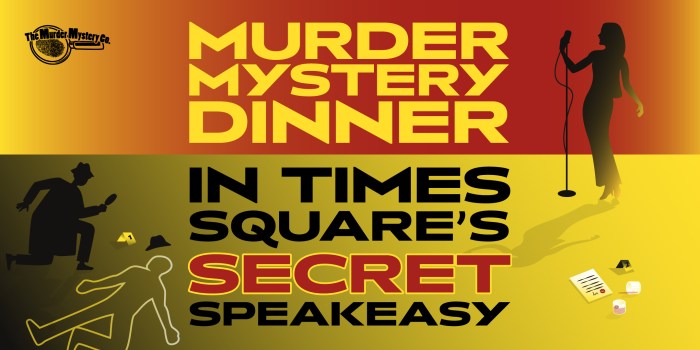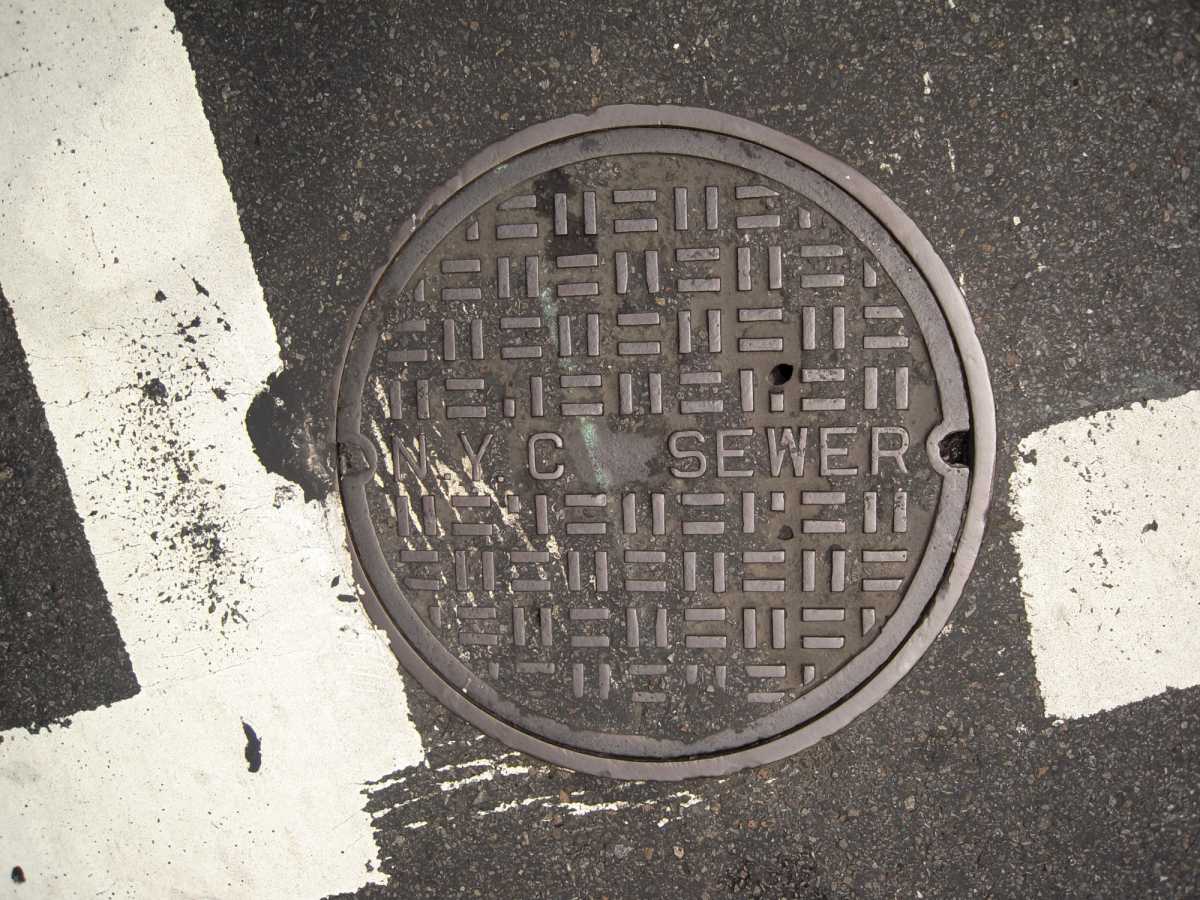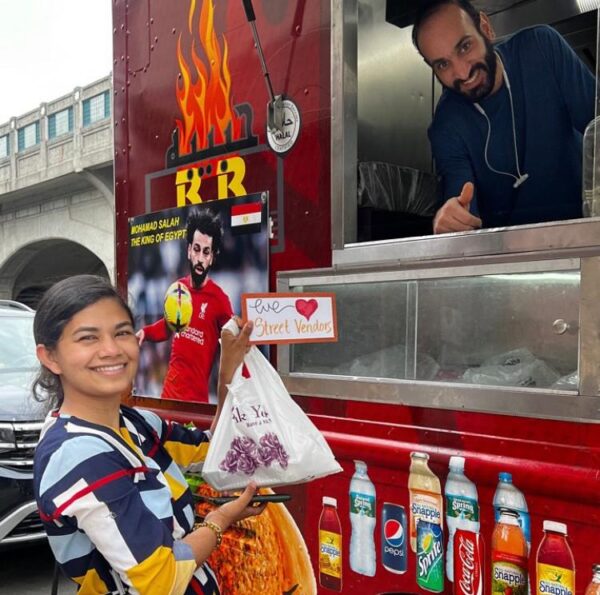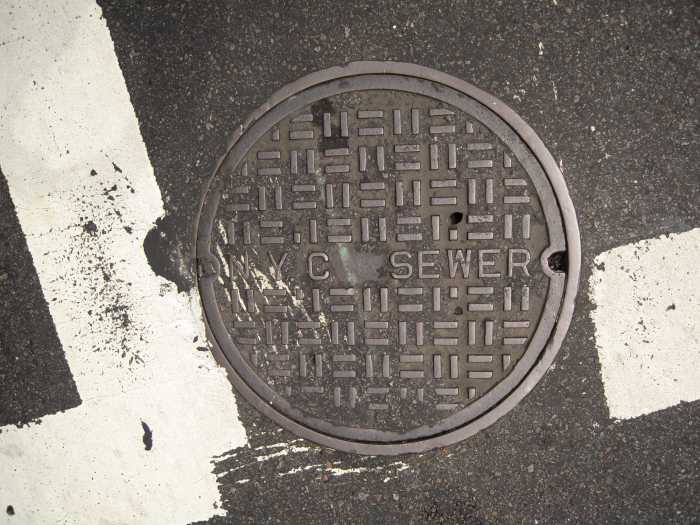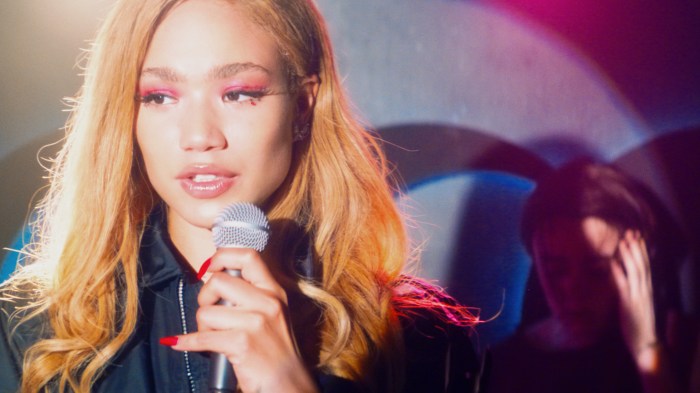
Mayor Bill de Blasio’s presidential campaign appears to be nearing a crossroads, as the White House hopeful conceded on Wednesday that he may call it quits if he doesn’t qualify for the fourth debate in October.
The mayor was among 10 current presidential candidates who did not qualify for the third debate, set to be held in Houston on Sept. 12.
"So obviously I wanted to get into the September debate, but that wasn’t possible. I think the logical thing to say is I’m going to go and try to get into the October debates, and if I can then I think that’s a good reason to keep going forward," de Blasio said at an unrelated news conference Wednesday. "And if I can’t it’s really tough to conceive of continuing. So that’s the way I’m looking at it right now."
The Democratic National Committee had raised the qualifying standards for the third and fourth debates, making it more challenging for the large field of candidates to get onto the stage.
Candidates need to meet the threshold for polling and grassroots fundraising, instead of just one of those two criteria. The polling threshold is 2% support in four qualifying polls. The fundraising threshold requires at least 130,000 unique donors, with 400 different donors per state in 20 states.
The deadline for de Blasio to qualify for the fourth debate is Oct. 1, with the event reportedly scheduled to take place in Ohio on Oct. 15.
The mayor said that while he doesn’t believe the debates are the "end-all-be-all" of the primary race, he did note that they often are the "Main Street of dialogue" for candidates.
"They have been one of the obvious measures, so of course it was disappointing not to get into September’s [debate] and I fully gathered that October is the same standards but with a month more to achieve them," the mayor said of his reasoning to wait until after Oct. 1 to make any decisions.
De Blasio has been juggling his responsibilities as mayor and as a presidential candidate since May, but polling has shown he has made little progress in luring voters on a national scale.
The most recent poll from Quinnipiac University, released on Aug. 28, found de Blasio had about 1% of support from Democratic voters who were surveyed, which was virtually unchanged from previous primary polls. By comparison, frontrunners former Vice President Joe Biden, Sen. Elizabeth Warren (D-Mass.) and Bernie Sanders (D-Vt.) had 32%, 19% and 15% of support, respectively.
Speaking candidly about his campaign, de Blasio said Wednesday that it has been particularly challenging to compete with candidates who aren’t currently holding a position as chief executive. He also discussed the "huge amount of work" that goes into being both the mayor of New York City and a presidential hopeful.
"The irony is our current political system basically encourages folks to run for president who don’t have a substantial executive job at that moment," de Blasio said. "It’s really hard to think about someone who’s never been a chief executive can just take on that role and make sense of it. I think the reality, the demands of schedule and the way that campaigns are starting earlier and earlier, really makes it much easier for someone who is not a chief executive with a job, to run."









